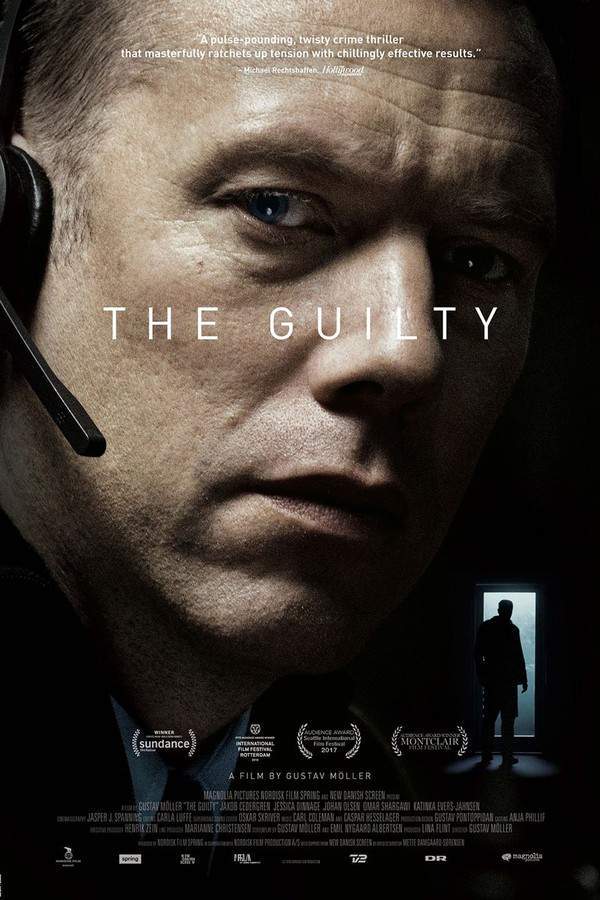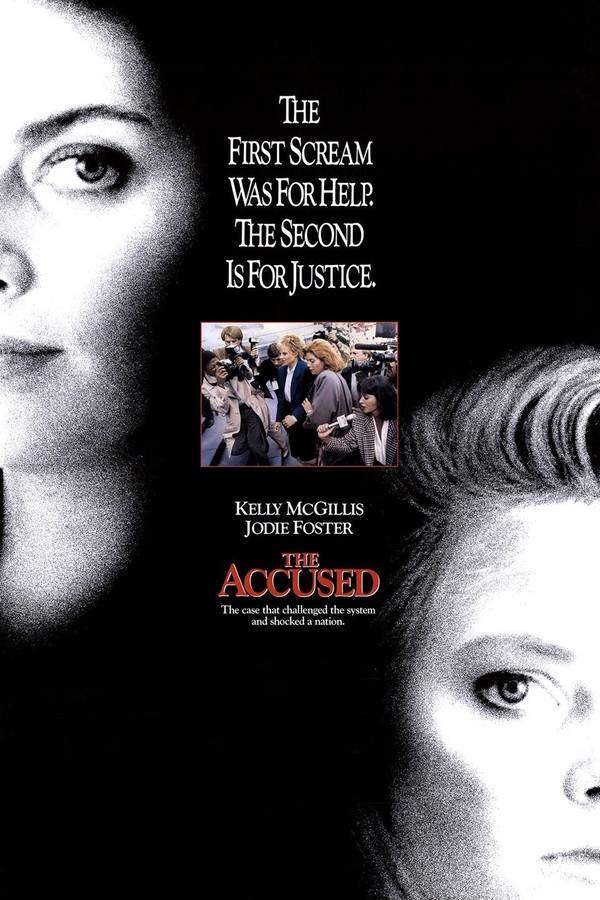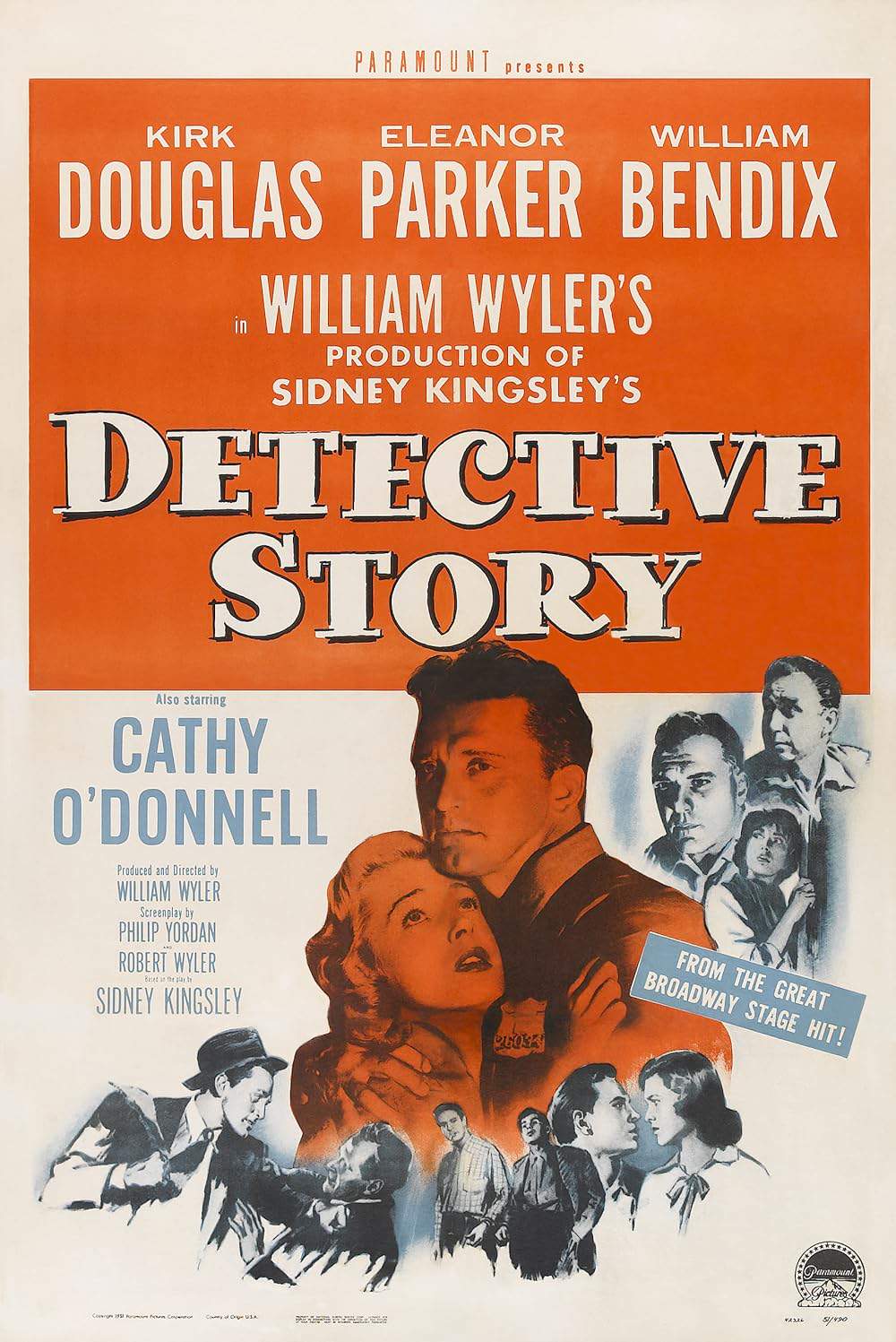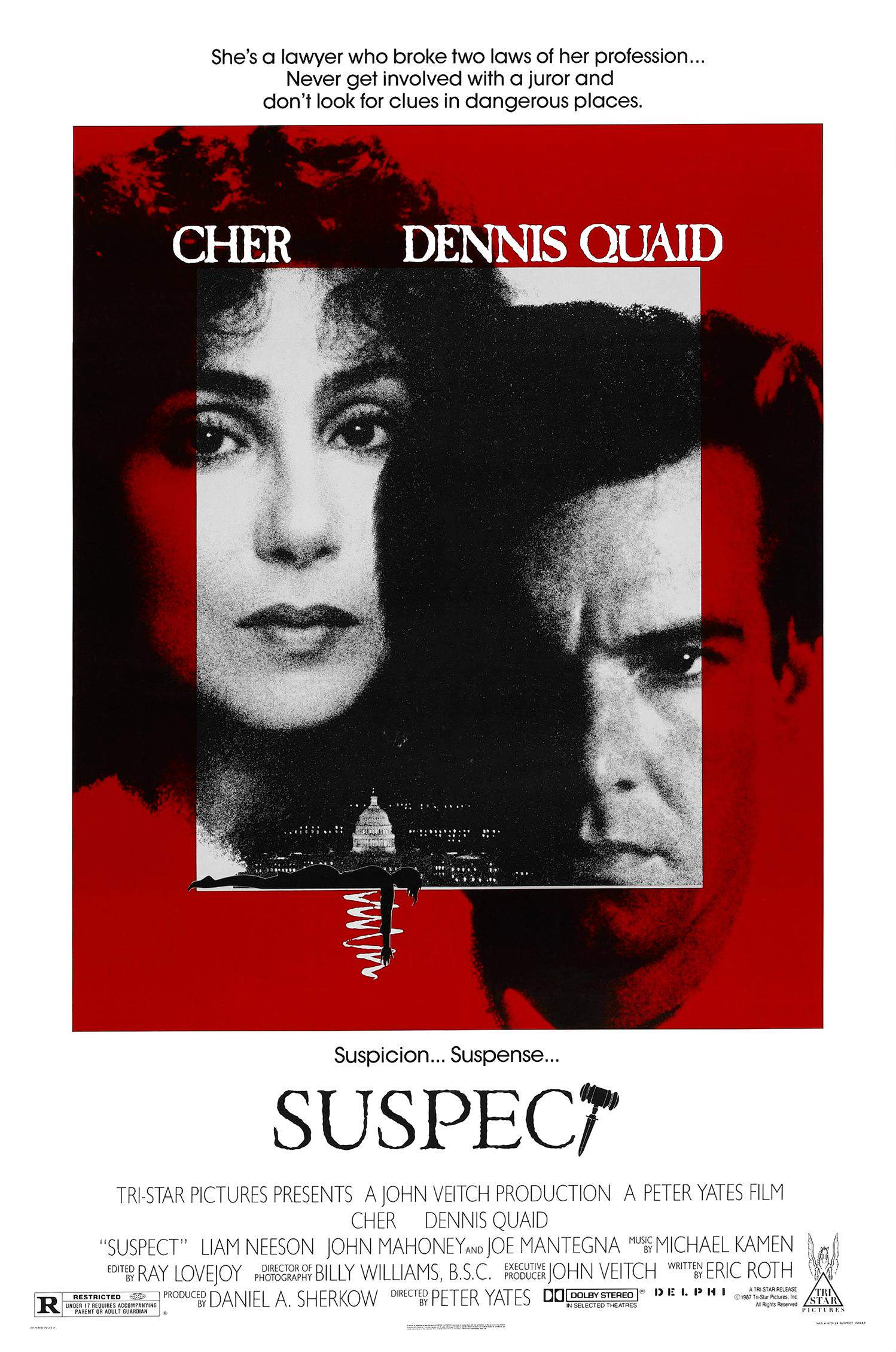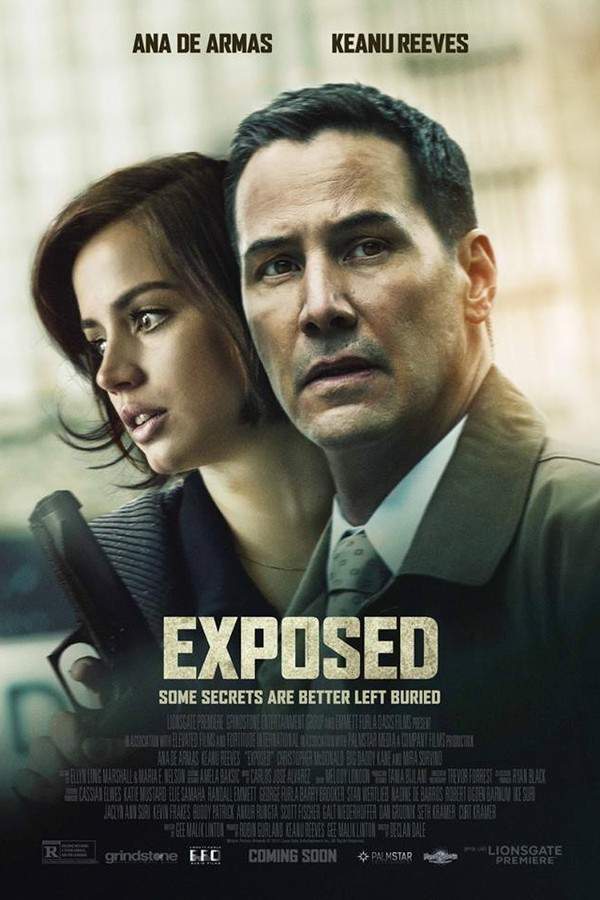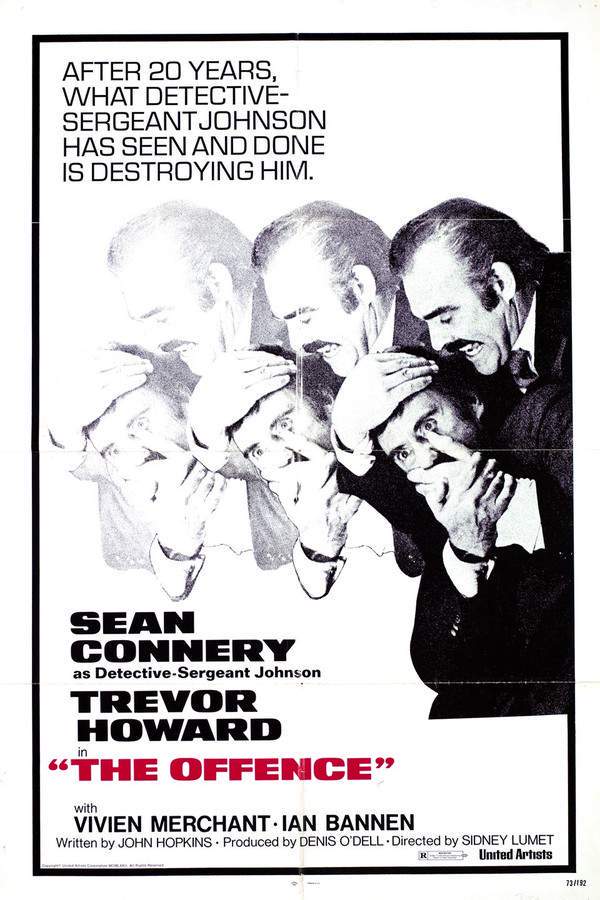
The Offence 1973
Directed by

Sidney Lumet
Made by

C.B. Films S.A.
Test your knowledge of The Offence with our quiz!
The Offence Plot Summary
Read the complete plot summary and ending explained for The Offence (1973). From turning points to emotional moments, uncover what really happened and why it matters.
Detective Sergeant Johnson’s long and troubled career has taken a severe toll on his mental health. After two decades of grappling with heinous crimes, including murders and rapes, the incessant exposure to humanity’s darkest facets has left deep scars on his psyche. It’s as if the relentless burden of his experiences is methodically unraveling his sanity.
As a culmination of mounting frustrations, Johnson finds himself in a harrowing confrontation with the suspect Kenneth Baxter, involved in a ghastly rape case. Overwhelmed by emotion during the interrogation, Johnson violently assaults Baxter, resulting in life-threatening injuries. This incident leads to his suspension, forcing him to face the music for his reckless actions.
In a spiraling sequence of events, Johnson’s wrath spills over into a horrific domestic confrontation with his wife, Maureen. This turmoil intensifies when his colleagues arrive with the grim news: Baxter has died from his injuries. Johnson’s subsequent questioning initiates a profound introspective journey filled with uncertainty and self-reflection.
The very next day, Detective Superintendent Cartwright leads a harrowing interrogation, relentlessly delving into Johnson’s troubled mind. Flashbacks of that fateful night replay with unsettling clarity, echoing Baxter’s taunts and derisive laughter, breaking through Johnson’s emotional barricades. The detective unearths a shocking truth within himself: he is haunted by twisted fantasies of violence and sexual assault.
As the harsh reality sinks in, Johnson is reduced to a mere shadow of his former self, his world collapsing around him. His desperate cries for assistance from Baxter are met with rejection, as the suspect looks on in horror. The frenzied beating pours forth as a scream for validation, a desperate effort to silence the derisive echoes that plague him.
The film concludes with Johnson re-experiencing the traumatic events that have transpired, his mind shattered by the understanding of what he has become. As the shadows encroach, his heart-wrenching lament, “God…my God…” reverberates through the abyss, poignantly illustrating the immense toll that the horrors he has witnessed and enacted have taken on his very being.
The Offence Timeline
Follow the complete movie timeline of The Offence (1973) with every major event in chronological order. Great for understanding complex plots and story progression.
Johnson's Career Struggles
Detective Sergeant Johnson has spent over two decades facing heinous crimes, including murders and rapes. The incessant exposure to such darkness has profoundly affected his mental health, causing deep scars on his psyche.
Confrontation with Kenneth Baxter
In a culmination of his frustrations, Johnson confronts Kenneth Baxter, a suspect in a ghastly rape case. The interrogation escalates and Johnson, overwhelmed with emotion, violently assaults Baxter, leaving him with life-threatening injuries.
Suspension from Duty
As a direct consequence of his actions, Johnson is suspended from the force. This suspension forces him to confront the repercussions of his reckless behavior and the chaotic state of his life.
Domestic Turmoil
Johnson's emotional turmoil escalates into a horrific domestic altercation with his wife, Maureen. The confrontation highlights the strain his career has had on his personal life and mental stability.
Baxter's Death
Just when Johnson is grappling with his personal failures, he learns through his colleagues that Kenneth Baxter has died from his injuries. This news plunges Johnson deeper into self-doubt and introspection as he questions his actions.
Introspective Journey Begins
Following Baxter's death, Johnson embarks on a profound journey of introspection. He is haunted by the consequences of his violent outburst and starts to reflect on the darkness within himself.
Interrogation by Det. Superintendent Cartwright
The next day, Detective Superintendent Cartwright leads a relentless interrogation aimed at probing Johnson’s troubled psyche. Cartwright digs deep, unearthing the roots of Johnson’s violent behaviors.
Flashbacks of the Assault
During the interrogation, Johnson experiences vivid flashbacks of the fateful night he assaulted Baxter. The taunts and laughter from Baxter haunt him, serving as powerful reminders of his emotional collapse.
Haunting Realizations
As Johnson confronts his past actions and the impact they have had on himself and others, he realizes he has been grappling with twisted fantasies of violence and assault. This revelation shakes him to his core.
Shattered Identity
The weight of his realizations leaves Johnson as a shadow of his former self. The world around him begins to collapse, revealing the true extent of the psychological damage he has endured.
Desperation for Validation
In his frenzied state, Johnson's desperate cries for help from Baxter go unanswered. The rejection from the suspect amplifies his inner turmoil and sense of despair.
Final Confrontation with Self
As the film nears its conclusion, Johnson is forced to re-experience the traumatic events he has undergone. He confronts the harrowing truth of who he has become amidst the shadows of his past.
Heart-Wrenching Lament
The film closes with Johnson's anguished lament, *'God...my God...'* This emotional moment encapsulates the profound toll that witnessing and enacting violence has taken on his soul.
The Offence Characters
Explore all characters from The Offence (1973). Get detailed profiles with their roles, arcs, and key relationships explained.
Detective Sergeant Johnson
Johnson is portrayed as a deeply troubled officer grappling with the weight of his experiences in criminal investigations. His long career has left him psychologically scarred, leading to emotional outbursts and violence as he confronts his limits. As the story unfolds, we see him lead a downward spiral into self-doubt and despair, ultimately becoming a victim of his own trauma.
Kenneth Baxter
Baxter serves as the suspect in a horrific rape case, representing the embodiment of the darkest facets of human nature. Throughout his interrogation, he taunts Johnson, becoming a catalyst for the detective's violent outburst, which ultimately leads to life-threatening injuries. His character signifies the adversarial relationship between perpetrator and law enforcement, intensifying the exploration of justice and morality.
Maureen Johnson
Maureen is Johnson's wife, who endures the brunt of her husband's emotional turmoil and trauma from his career. Her character embodies the personal cost that law enforcement work has on families, illustrating the domestic fallout of trauma and violence. She represents a figure of support and vulnerability, further complicating Johnson's spiraling mental state.
The Offence Settings
Learn where and when The Offence (1973) takes place. Explore the film’s settings, era, and how they shape the narrative.
Time period
The film reflects a contemporary setting, allowing for a realistic portrayal of mental health issues within law enforcement. It captures the ongoing struggles of police work, particularly in dealing with violent crimes, and the psychological toll it takes on officers, a relevant theme throughout modern society.
Location
Detective's precinct, Johnson's home
The movie primarily takes place in a bustling urban setting, embodying the realities of city life filled with crime and despair. Inside the detective's precinct, the atmosphere is tense, filled with the weight of unresolved cases and the cries for justice. Johnson's home serves as a stark contrast, representing personal turmoil and the effects of his troubled career on his domestic life.
The Offence Themes
Discover the main themes in The Offence (1973). Analyze the deeper meanings, emotional layers, and social commentary behind the film.
🌀
Mental Health
The film profoundly delves into the impact of mental health on individuals in high-stress professions, particularly law enforcement. Detective Johnson's unraveling psyche serves as a poignant commentary on the dire consequences of neglecting emotional well-being amidst constant exposure to trauma. It highlights the importance of addressing mental health issues in order to prevent destructive outcomes.
⚖️
Justice
Justice is a central theme, with Johnson’s moral compass being challenged throughout the interrogation of Kenneth Baxter. His actions raise questions about the nature of justice and the ethical boundaries that law enforcement must navigate in their pursuit of it. The film forces viewers to confront the thin line between justice and vengeance, and the effects of personal bias within the system.
🔥
Violence
Violence permeates both the actions and psychological state of Detective Johnson, reflecting the brutality he faces in his career. His violent outburst during the interrogation symbolizes a breaking point, portraying how repeated exposure to violence can corrupt the very guardians of society. This theme threads throughout Johnson's journey, representing the destructive power of unchecked anger and trauma.

Coming soon on iOS and Android
The Plot Explained Mobile App
From blockbusters to hidden gems — dive into movie stories anytime, anywhere. Save your favorites, discover plots faster, and never miss a twist again.
Sign up to be the first to know when we launch. Your email stays private — always.
The Offence Spoiler-Free Summary
Discover the spoiler-free summary of The Offence (1973). Get a concise overview without any spoilers.
In the cold, rain‑slick streets of an unnamed British city, the police force trudges through a relentless tide of misery and moral ambiguity. The atmosphere is heavy with a pervasive sense of weariness, where the clatter of precinct doors and the muted hum of radios form a backdrop to a world that seems to squeeze hope from its inhabitants. Within this setting, Detective Sergeant Johnson carries the weight of two decades spent staring into humanity’s darkest corners, his once‑sharp instincts now tinged with a lingering fatigue that hints at deeper, unspoken wounds.
When a new case surfaces—a disturbance that drags a young victim into the investigative spotlight—Johnson finds his carefully guarded composure fraying. The investigation forces him to wade through unsettling details that stir an anger and frustration long kept at bay, pushing him toward a brink where professional duty clashes with personal restraint. The tension between his relentless pursuit of justice and the creeping doubts about the methods he’s willing to employ creates a volatile dynamic, hinting at a collision between his hardened exterior and the fragile psyche beneath.
The film’s tone balances stark realism with a brooding psychological portrait, emphasizing the thin line between law enforcement and personal obsession. As senior officers, including Detective Superintendent Cartwright, observe his descent, the narrative invites viewers to question how far a guardian of the law can go before he becomes the very thing he seeks to condemn. The story lingers on the unsettling promise that, in the pursuit of resolution, Johnson must confront his own inner demons and the moral boundaries he has long skirted, leaving the audience suspended in a mood of quiet dread and restless curiosity.
Can’t find your movie? Request a summary here.
Movies with Similar Twists and Themes
Uncover films that echo the narrative beats, emotional arcs, or dramatic twists of the one you're exploring. These recommendations are handpicked based on story depth, thematic resonance, and spoiler-worthy moments — perfect for fans who crave more of the same intrigue.
Featured on this page

What's After the Movie?
Not sure whether to stay after the credits? Find out!
Explore Our Movie Platform
New Movie Releases (2025)
Famous Movie Actors
Top Film Production Studios
Movie Plot Summaries & Endings
Major Movie Awards & Winners
Best Concert Films & Music Documentaries
Movie Collections and Curated Lists
© 2025 What's After the Movie. All rights reserved.



